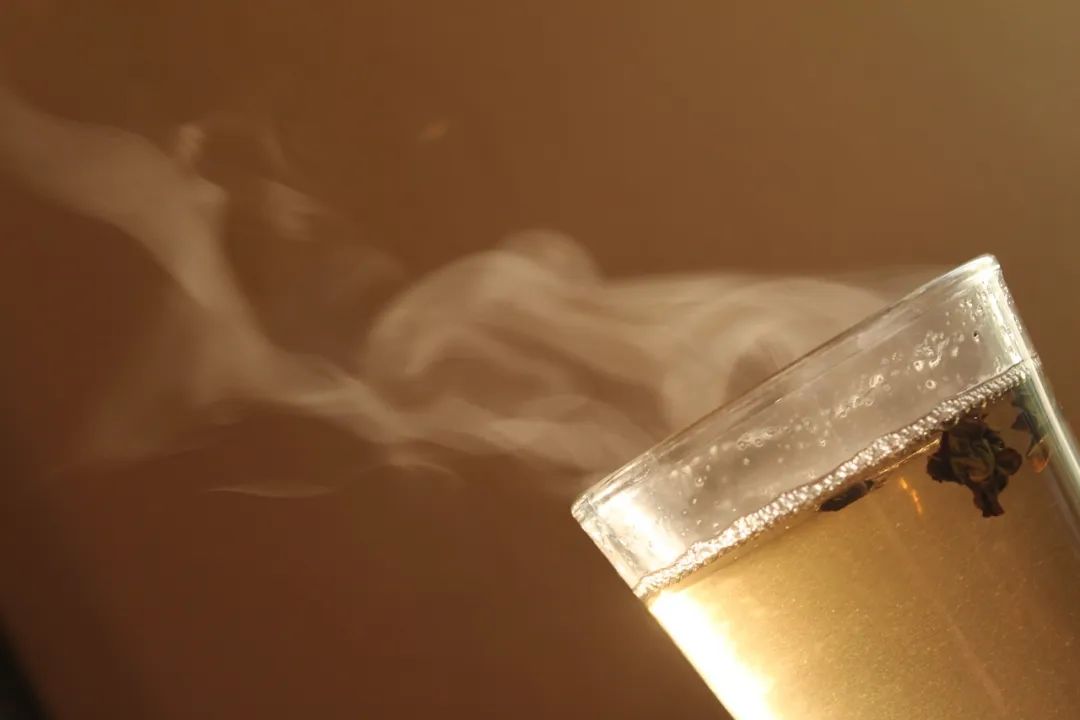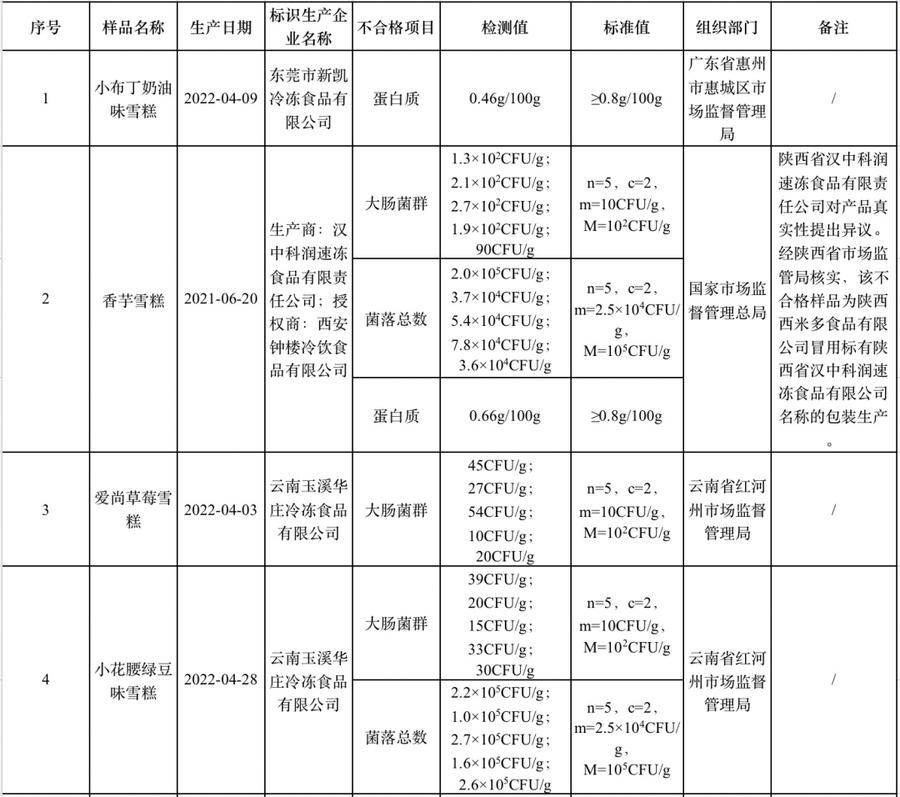Put hot water and cold water together in the refrigerator. Why can hot water freeze first?
Author:Institute of Physics of the Ch Time:2022.07.14

Picture source: pixabay
In the hot summer, if you are anxious to use ice, will you choose to put cold water or hot water in the refrigerator? Common sense tells us that of course we need to use cold water. Because the temperature of cold water is lower, it will freeze faster. However, decades ago, a teenager found that in the refrigerator, hot water will freeze first than cold water. This not only subverts people's cognition, but also triggers arguments for half a century in the academic world.
Written article | Adam Mann
Compilation | No week
Grade -Bai Defan
Hot water may freeze faster than cold water. There is an interesting story behind this widely circulated statement. In 1963, Erasto Mpemba, who was also in the middle school, made ice cream with his classmates. In order to seize the limited refrigerator space, Manda did not wait for the milk to cool to room temperature like other classmates, but directly put the hot milk that has just been cooked into the refrigerator. One and a half hours later, he found that his hot milk had frozen into ice cream, but the cold milk that put in the refrigerator with hot milk was still a thick milk pulp. How can hot milk freeze faster than cold milk? Manda was very confused, so he asked his physical teacher in his middle school, but was told: "You must have made it wrong, that's impossible."
With this question, Manda waited until the physicist Denis Osborne, Denis Osborne, came to Manta's high school to listen to physics courses. Osborne always remembers that the boy raised his hand and asked: "If you take two cups, install the equivalent water, but one cup of water is 35 ° C, and the other is 100 ° C. Then put the two glasses of water together together. When you enter the refrigerator, you will find that this glass of water of 100 ° C is frozen first. Why? "Osbans did not believe it at first glance, but out of curiosity, he did experiments. Then Osben invited Manda to study this phenomenon and name it "MPEMBA Effect".
Manda and Osben published an article in the magazine of Physics Education in 1969, and for the first time, the Mepa effect was displayed. It is strange that they cannot repeat the original experimental results in subsequent experiments. This triggered a huge controversy: exactly does the experimental failure represent that the Mampa effect does not exist? Or because the experiments are too rough and do not consider the impact of unknown variables? In fact, the freezing experiment is very fine, and any tiny details may affect the freezing process.
Non -balance system
In the past few decades, scientists have proposed many theories to explain the effect of Manta. Some people think that hot water evaporates faster than cold water, and the volume will be smaller than cold water, which can freeze faster; others believe that there are more gas dissolved in cold water, so the freezing point is lower; others think it is external factors. Practice: The cup wall will condense a layer of frost in the refrigerator, which can prevent heat from spreading from cold water. However, hot water will constantly melt this layer of frost, thereby emitting calories and cooling and freezing faster.
However, these explanations have a prerequisite -the effect of Manta is true, and hot water is indeed faster than cold water. But not everyone agrees with this premise.

Picture source: pixabay
In 2016, physicist Henry Burridge and University of Cambridge, a physicist at the Imperial College London of London, test, tested the Manda Effect Paul Linden's mathematician of the University of Cambridge. Essence Due to the failure to observe the freezing process, the time to measure the water temperature from the initial temperature to 0 ° C is not available to the freezing process. They were surprised to find that the result depends on the location of the thermometer in the water: if the thermometer is placed in the same depth, the Mapaba effect will not appear in the cold and hot water; It may be "confirmed" the Mepa effect.
This experimental result of Berch and Linden reflects the high sensitivity of the freezing experiment. Although it cannot be determined whether the Mark Panba effect exists, it reveals the key reasons for this effect. In the process of cooling, it is an unstable non -balance system.
As a comparison, water at room temperature is a system that is in a hot balance state. Three parameters can be described as: temperature, volume and molecular number. If you put this glass of water into the refrigerator, you can imagine that the water molecules near the cup wall are cold, but the water molecules inside the cup remain warm. At this time, the liquid in the cup can no longer be clearly described by parameters such as temperature and pressure, because all parameters are constantly changing, and it has become an unstable non -balance state system. For a long time, physicists know very little about the non -balance state system.
Strange "shortcut"
Zhiyue Lu, assistant professor of chemistry at the University of North Carolina, read the Manda effect when he was young, and became curious. At the graduate stage, after learning non -balanced thermodynamics, he began to design the experiment to verify the Mepa effect. Lu later met Oren Raz, who studied non -balanced statistics in the Weizmann Institute of Science at the Weizmann Institute of Science. frame. In 2017, Lu and Raz published an article on the PROceedings of the National Academy of Sciences. By random particle dynamic simulation, they found that under some specific conditions, the Mepa effect and the anti -Makpanba effect (such as cold water heating faster than hot water) may happen. The results of the study show that the particles of the thermal system have more energy, so they can try more changes in temperature changes, including a "shortcut": during the cooling process, the thermal system can exceed the cold system by shortcutting, faster faster, and faster faster, and faster faster, faster, faster, faster, faster, and faster faster, and faster faster, the thermal system is faster and faster. Arrive in the final state.
"We all want to take it for granted that temperature changes are linear -or increase or decrease," Raz said. "The system always drops from higher temperatures to the middle temperature, and then to lower temperatures. But the temperature description of the non -balance system is a fallacy. In this way, it is not surprising that there is a 'strange shortcut'."
Picture source: pixabay

In 2019, the University of Virginia, the University of Virginia, proposed theoretical predictions of Marija Vucelja and Raza, etc. Alongue) can occur, such as glass. This theory predictive coverage is extremely wide and contains a variety of materials. However, water is not an disorderly material, and it is not within the scope of the interpretation of this theory.
"Energy Scenery" scenery
To verify these theoretical predictions, Raz and Lu found John Bechhoefer John Bechhoefer. Bighoff and his collaborator Avinash Kumar proposed a subtle experimental plan. They use tiny glass beads (only visible under microscope) instead of micro particles in the system, and use laser to create W -shaped "Energy Landscape". The deeper valley in the W shape represents the final stable and balanced state of the system; and another shallow valley represents a sub -stable state that is close to the final balanced state, because particles may fall into it, but in the end it is more likely to be more likely Falling into a deeper valley.
Image source: Merrill Sherman/Quanta Magazine

They put the "energy scenery" into the water, and the glass beads could get rid of gravity and move freely. Then, they placed this glass beads in different positions in the energy scene, repeated 1,000 experiments, and stacked the observation results of this thousands of times. Such a thousand single particles system is equivalent to a system containing 1,000 particles.
Researchers put glass beads anywhere in energy scenery to simulate the initial heated system. Because the thermal system contains more energy, the particles can be more active in the energy scenery and explore. When simulating a colder system, the initial position of the glass beads needs to be limited to the area near Deep Valley. When the cooling process is simulated, the glass beads will first sink into one of the valleys, and then the glass beads will jump back and forth between the two valleys under the disturbance of the water molecule. When the proportion of glass beads is stable in the proportion of each valley, it can be determined that it has completed the cooling process. According to the water temperature of the glass beads and the size of the energy scenery, the standards for determining whether the cooling is completed is also different. For example, it can be determined that the particles have been completed at a stable state at a stable state at 20%and the time of 80%.
Picture source: pixabay

Under certain initial conditions, the thermal system is slower than the cooling system, which is in line with our intuition. But sometimes the particles in the heat system sink into the valley faster. When the experimental parameters are adjusted properly, the particles of the thermal system are almost immediately reached the prescribed cooling completion, which is much faster than the cold system -Raz and Wubalia and others have already predicted this phenomenon and named them forced Mepa effect. In 2020, they released this result in Nature magazine. Earlier this year, they also published experimental research on the effects of anti -Mampanba in the National Academy of Sciences.
"The result is very clear," said Raúl Rica Alarcón of the University of Granada, the University of Spain, said he was doing the relevant experiments of the Mepa effect. "These studies show that the system is farther away from the target state that may reach the target state faster."
Unreasonable water
Bohhof's experiment provides an explanation -Manta may occur in a sub -stable system. But is it the only explanation? How do other substances experience non -balanced heating and cooling process, and does the Mepa effect appear? These problems are still unsolved. Even whether the Manda effect exists in the water is still an inexplicable issue. "The process of understanding the system from non -balanced state is relaxed to balanced state. It is a very important issue. But frankly, we have no good theoretical system so far." Laz said. Determine which systems may run in an anti -intuitive manner like the Mepa effect. "It will help us better understand the relaxation process of the system."
Reference article:
https://www.quantamagazine.org/does-water-feze-faster-comp
https://mp.weixin.qq.com/s/bogfkfl4xrfzo0wek38IUQ
The thesis link:
https://www.nature.com/articleS/S41586-020-2560-X
https://www.pnas.org/doi/abs/10.1073/pnas.2118484119
Reprinted content only represents the author's point of view
Does not represent the position of the Institute of Physics of the Chinese Academy of Sciences
If you need to reprint, please contact the original public account
Source: Global Science
edit:

- END -
Notice!15 batches of ice cream samples are not qualified, including small pudding, etc.

Since the summer, the General Administration of Market Supervision requires market...
A soft FUFU, full of milk flavor, smoother than ice cream!You must have never eaten this kind of cake

Snacks are like the necessities of our lives, you will definitely buy, buy, eat an...